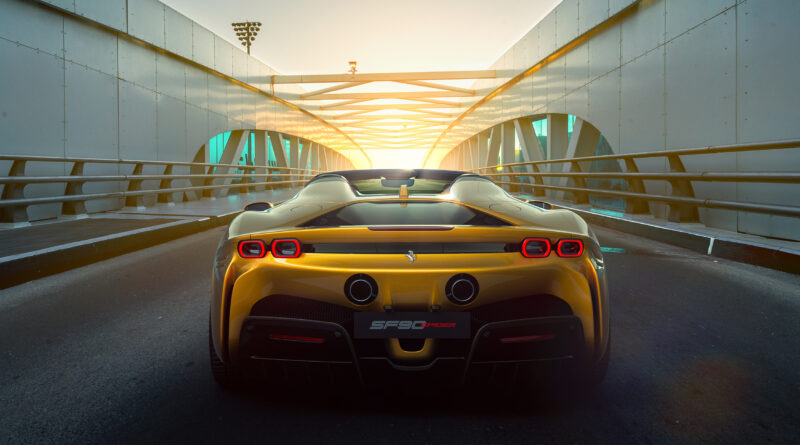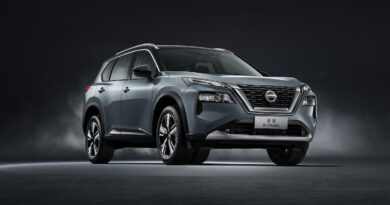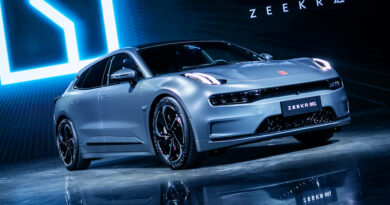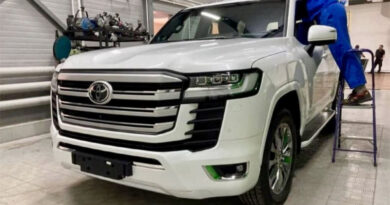Acceleration of EVs means speed isn’t everything. I think…
If car companies were religions, I know for sure that I would worship at the Temple of Porsche.
I fell into the thrall of the most Germanic of German car companies many years ago, when I first drove a Boxster after many long years of my boss telling me I “wasn’t ready” for a Porsche yet.
I fell further in awe when interviewing one of the company’s frighteningly focused engineers about why Porsches are so good, asking him whether it was true that every aspect of his cars were over-engineered by 200 percent. “Oh no”, he stammered, looking horrified, “it’s much more than that.”
I tend to stay away from discussing religion, but the fact is that, since the advent of the first, hugely unexciting EVs, car enthusiasts have been faced with a moral dilemma. Anyone who can do maths knows that CO2 is not good for the climate, and that the fossil fuels internal-combustion engines burn produces a lot of it.
Ergo, if you care about the world, you can’t go around promoting the sale of emission-farting vehicles. Imagine being a motoring journalist with a green conscience, and young children who will pay for our mistakes.
The dilemma was that EVs were not just as quiet as the grave, but about as desirable a place to spend time. I knew, even back then, that I should want one, but I just couldn’t. A life without any driving joy would be too dull, and writing about electric vehicles would make covering the shipping news look like working on Watergate.
Fortunately, Porsche has built the Taycan.
I had heard all the fuss and read all the reviews, and then I borrowed a Taycan Turbo (yes, that is a stupid name for a car with no turbos. Why didn’t they just call it the Taycan Star Trek Warp Drive – that’s what it sounds like anyway) and tried out Launch Control.
It is difficult to use words to describe what this absurd form of acceleration feels like. Sounds might be better, like “Ooooph” and “Arrgghh” and “Weee” and “Whoa!!!”. You can also just imagine the swear words it produces from your passengers.
In theory, I have driven other cars this fast, or close to it, but there’s just something about the way this truly electric Porsche accelerates, despite weighing far too much for a sports car, that is beyond different. It’s revelatory.
It also steers like a proper Porsche, handles like one and can pull that Launch Control party trick repeatedly without complaint. Just like a Porsche. It just works.
This made me feel beyond relieved, to the point of being hopeful about the future, and what helped was that I even quite liked the fake Star Wars-sourced sounds that you can get from the Taycan, or at least its speakers, under acceleration.
But then, a few days later, I got into a Ferrari F8 Spider and revved its stupidly loud engine a few times and found my faith in the future feeling a little shaky again.
There’s just something about an engine as spine-tinglingly loud and ludicrous as Ferrari’s V8 that excites your senses in a way that speed alone cannot do.
Speed, it seems, isn’t everything, even in a world where traditional super cars are increasingly being made to look a bit slow by astonishing electric vehicles.
If Elon Musk really does get one of his Tesla’s down to the two-second mark for the 100km/h sprint (let alone what Porsche might do with an electric 911), then the Italian supercar companies really might want to just pack it all in, and go electric themselves.
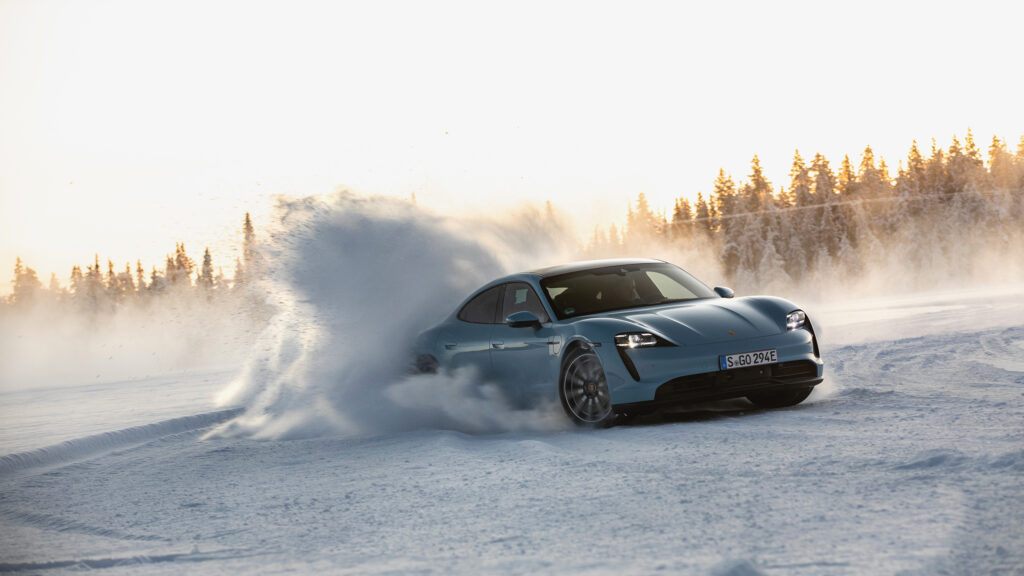
Just this week, I spoke to Francesco Scardaoni, Lamborghini’s Asia Pacific boss, about how annoyingly fast EVs are, compared to his admittedly hilarious looking Huracan STO (0 to 100km/h in a pedestrian three seconds flat – a Taycan Turbo S would smack it silly).
Looking like I’d asked him to say the French have better food than Italy, he told me that speed is no longer such a big thing, that “it’s quite easy for those kind of (EV) power units to have amazing results in terms of acceleration” and that what people who buy sports cars really care about, these days, is handling.
It’s quite a sharp turn of focus for a company that has talked of little else but speed for decades, but what choice does he have?
Soon enough, as internal-combustion engines are banned from sale in little places you might have heard of, like Europe, Lamborghini is going to struggle for market share unless it, too, pursues full electrification, and the incredible acceleration, and driving joy, it can provide.
Frankly, after the Taycan revelations, it’s a future I can now look forward to with actual excitement. Even though I do know, full well, that I’m going to miss the noise.

